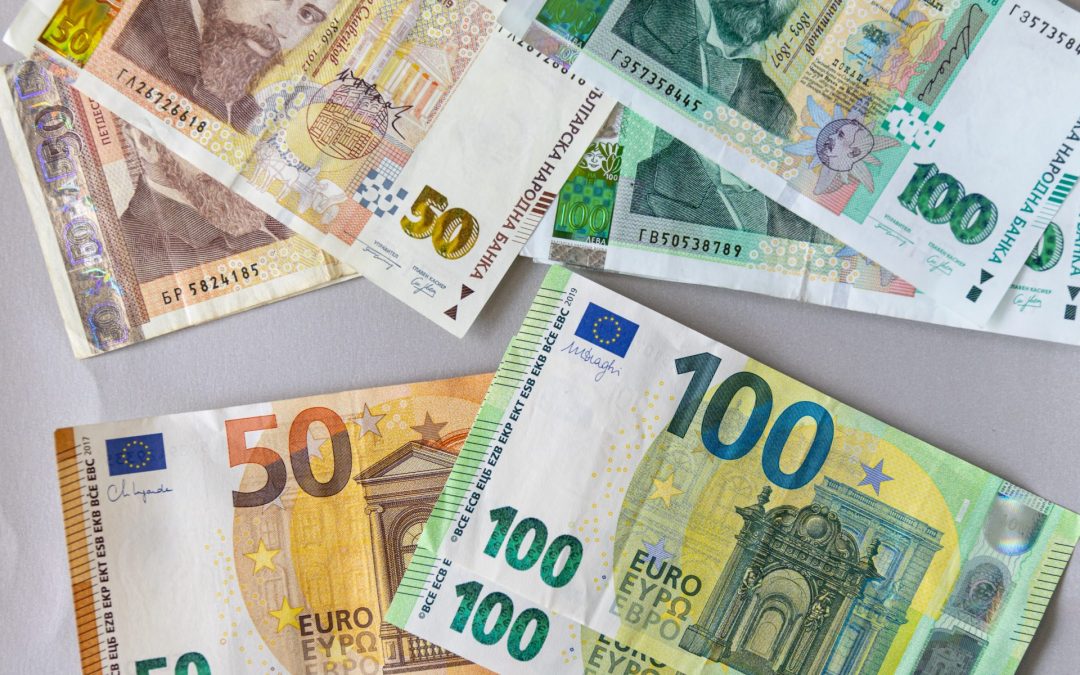BRUSSELS – In Bulgaria, taxes and net social contributions, expressed as a percentage of gross domestic product (GDP), amounted to 29.9 percent in 2023, reported the European statistical service Eurostat. In 2022, they represented 31.1 percent of Bulgarian GDP.
Among EU countries last year, Bulgaria ranked fourth in the lowest share of taxes and social contributions from the country’s economic output.
In the EU, the overall ratio of taxes and net social contributions amounted to 40 percent of GDP in 2023. This is a decline compared to 2022, when it was 40.7 percent, according to Eurostat data.
In the eurozone, the ratio of tax revenue to GDP also fell to 40.6 percent last year compared to 41.4 percent in 2022.
In nominal terms, in 2023, revenues from taxes and social contributions increased by 308 billion euros in the EU, compared to the previous year, reaching 6.88 trillion euros.
Tax payments, including social taxes, presented as a share of GDP varied significantly among EU countries in 2023. The largest such ratio last year was recorded in France – 45.6 percent, Belgium – 44.8 percent, and Denmark – 44.1 percent. The smallest was in Ireland – 22.7 percent, Romania – 27 percent, and Malta – 27.1 percent.
In 2023, compared to 2022, the tax/GDP ratio increased in 11 EU countries, with the largest increase observed in Cyprus – from 35.9 percent in 2022 to 38.8 percent in 2023, and Luxembourg – from 40.2 percent to 32.8 percent. A decrease was noted in 12 countries, with the largest decline in Greece – from 42.8 percent in 2022 to 40.7 percent in 2023, and France – from 47.6 percent in 2022 to 45.6 percent in 2023.
In October, Eurostat reported that Bulgaria had the lowest level of government debt to GDP ratio in the European Union in the second quarter of the year – 22.1%. The government debt-to-GDP ratio is part of the requirements for joining the eurozone and must not exceed 60 percent. Bulgaria has only one requirement left before the introduction of the European currency – ensuring stable prices. (October 31)
 go to the original language article
go to the original language article
